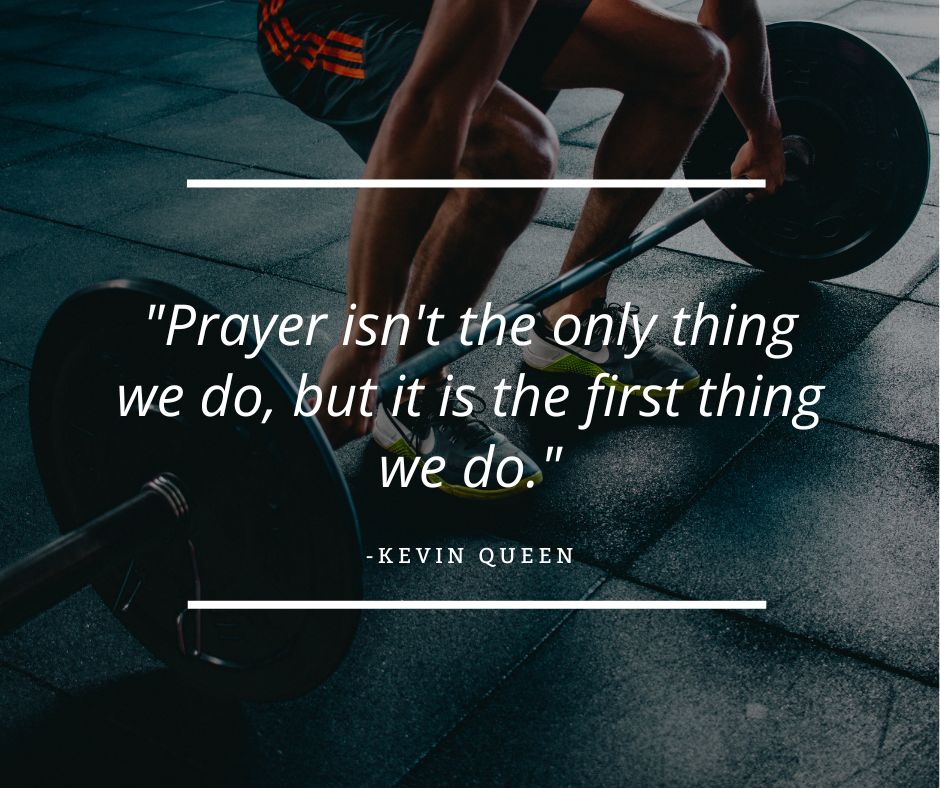Building a Stronger Faith With the Psalmsનમૂનો

What do you do when something goes wrong in your life?
Many people treat God as their last resort rather than their first option when something goes wrong. We eventually get to prayer, but we go to other things first. I use the word "we" here because I'm just as guilty in this area as anyone else. I wish I went to God first, but I cannot say I consistently do so.
What makes this even more complicated is that it's easier to go to God about problems with others but harder to go to God when our issues are with Him. When we feel offended by what God has or hasn't done, it's easier to tell someone else than to tell God.
However, the psalms record a life in which men and women cried out to God before complaining to others.
Their cries are now known as laments. Part of this lament form is radical honesty and a commitment to take those "offenses" before God.
A great example of this is Psalms 13. In this chapter, David brings a desperate cry to God.
"Look on me and answer, Lord my God.
Give light to my eyes, or I will sleep in death,
and my enemy will say, 'I have overcome him,'
and my foes will rejoice when I fall."
According to the Psalms, life with God doesn't fit into a neat compartment. Life with God comes in the middle of our doubts, questions, and confusion—when we just cry out to God wherever and however we are.
Life with God is all-encompassing for David. God wasn't a means to an end for him; He was David's end and treasure.
Do you remember the first day of this plan when I asked you to describe God in three or five words? If you wrote those words down or typed them out, go back to your list of words. If not, see if you can recall the ones that came to mind immediately.
For many of us, God is a distant friend, not our closest companion. And because of that, it makes sense to go to others before we go to Him.
When a crisis comes—and a crisis is coming or already here for most people reading this plan—we all run to the one we trust. The fact that we run to someone or something other than God shows us where we have a problem with God.
Several years ago, I heard a sermon that strongly convicted me in this area of my relationship with God. If my faith was going to become stronger, if I was going to navigate big questions and real doubts about God, then I realized something needed to change. Was God just the last option in my life after I had exhausted all other options, or was I going to treat Him as the treasure I was pursuing above everything else?
That's the third principle I want you to take away from this plan. God wants to be your first option, not your last resort. Indeed, you need to do more than pray when living your life. However, as Pastor Kevin Queen says, "Prayer isn't the only thing we do, but it is the first thing we do."
If you want to strengthen your faith, bring your problems, doubts, needs, and requests to God before you do anything else or go to anyone else.
Tomorrow, we'll wrap up this plan with an important word to add to your vocabulary. This word has helped me navigate big questions and long seasons of doubt. I'm praying it will help you, too!

Scripture
About this Plan

A strong faith can feel impossible when you are overwhelmed with doubts and questions. That kind of faith seems impossible today. But, what if you didn't have to wait for that day? What if it were available now? Today, you can build a stronger faith when you follow the pattern found in the Psalms. This plan will show you how faith and doubt can co-exist together.
More
સંબંધિત યોજનાઓ

Journey With Jesus 365

STREETLIGHTS' Advent Plan

EquipHer Vol. 7: "Empower Your Voice, Impact Your Audience"

Thriving Through the Holidays: 5 Days of Hope for the Military Wife This Christmas

Miracle Working Power

Time

New Day, New Year, and New Beginnings - 31 Days of Fresh Starts

Acts 6:8-15 | Facing Opposition

The Confidence of Hope and the Pain of Separation
